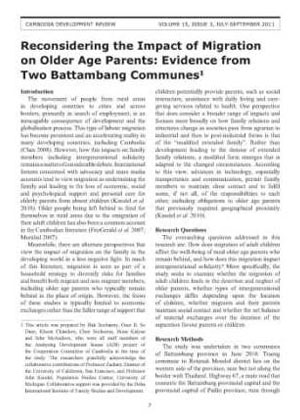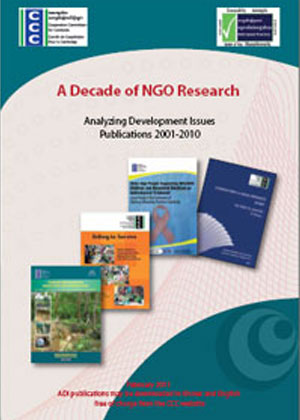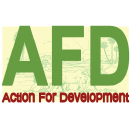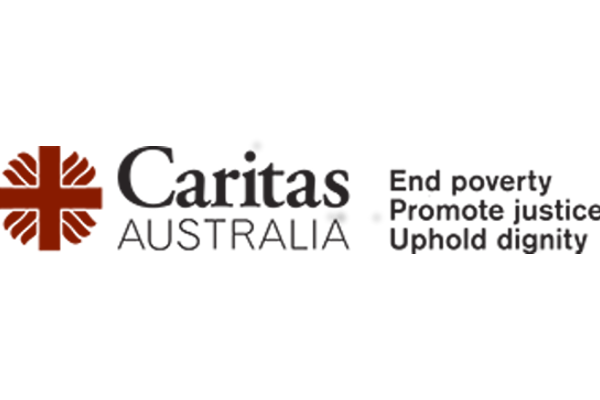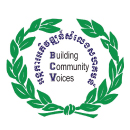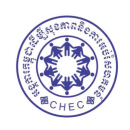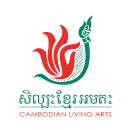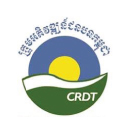Growing Old in the Former Khmer Rouge Stronghold of Pailin, November 2006
In recent years policy makers and development practitioners have become increasingly aware of the special circumstances of elderly persons in Cambodia. In 1998 HelpAge International and the then Ministry of Social Affairs, Labor and Veteran Affairs conducted a pioneering study on the situation of older people in Cambodia. This study provided poignant insights into how poverty and vulnerability threatened elders in Cambodia while highlighting the contributions older people continued to make to their families and communities. The authors argued that poverty reduction and provision of competent and affordable health care remained priority issues for the aged.
In 2004 the Population Studies Center of the University of Michigan undertook a comprehensive Survey of the Elderly in Cambodia supplying a valuable empirical account of the demographic, social and economic, and health situation of the country’s older generation. In addition the 2004 Survey examined issues specific to the turbulent and debilitating aspects of Cambodia’s recent history. With respect to the impact of past conflicts and social upheaval on the lives of older people the research reported that over two-fifths of the surviving elders lost at least one child and nearly one fourth of the women lost a spouse during the Khmer Rouge regime from 1975 to 1979. With regard to the impact of AIDS on elderly persons the survey findings and supplemental interviews indicated that older-aged parents played a major role in providing living quarters, caregiving, and paying expenses for adult sons and daughters who became ill and died of the disease. In 2003 HelpAge International conducted case study research in Battambang province which revealed that older persons were the primary caregivers both for their adult children suffering from AIDS and for their orphaned grandchildren.






